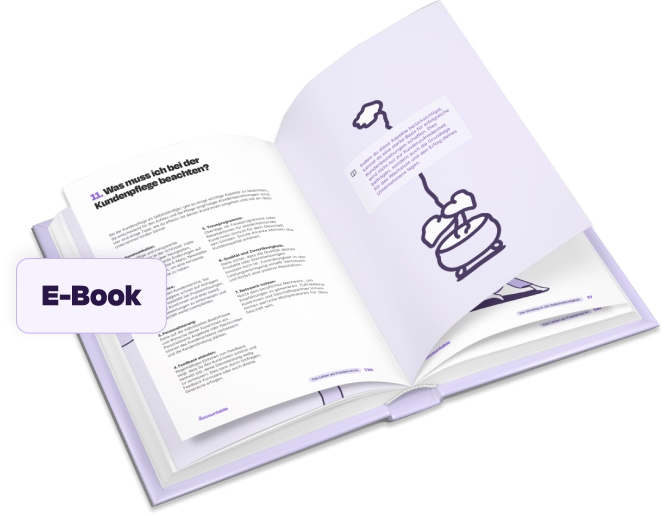20 Kapitel knallhart recherchiert und vom Steuerprofi geprüft
Kostenlos herunterladen

Author - Sophia Merzbach
Sophia has been a key member of the Accountable team for many years, bringing a unique blend of journalistic precision and in-depth tax expertise to her work.
Who is Sophia ?Thank you for your feedback!
Useful
How much income tax is deducted from your income is largely determined by your tax class. There are ...
Read moreWorking as a self-employed professional has many advantages: You are your own boss and you can choos...
Read moreWorking with international clients can be tricky, depending on where exactly they’re located, whet...
Read moreEs hat alles gut geklappt und ich konnte alle Unstimmigkeiten in meiner Steuererklärung beheben. Danke für eure guten Erklärungen. Ich kann Accountable nur jedem empfehlen. Man spart sich das viele Geld für den Steuerberater und hat kompletten Überblick über seine Finanzen
Jacqueline Walther
Man bekommt zeitnah direkte Unterstützung und Hilfe.
Anja Ebert
Alles bestens danke
Yolande Esser
Alles was ich brauche, übersichtlich, günstig und leicht zu bedienen!
Anonym
Mein Frage wurde zu meiner Zufriedenheit beantwortet.👌
Christoph Bastian
Accountable is really easy to use and intuitive. I really appreciate, that it's possible to talk to Tax coaches. They were really helpful and friendly and explained me everything. Thanks!
Anonym
Sehr guter Kundenservice: Ausführliche und vollständige Antwort auf meine komplexe Frage.
Monika Ulmer
Dokumentieren, Ordnen Verwalten war noch nie so einfach :D:D
Fatih Akdeniz
Tolle Leistung...
Anonym
Alles super
Tino Pilarski